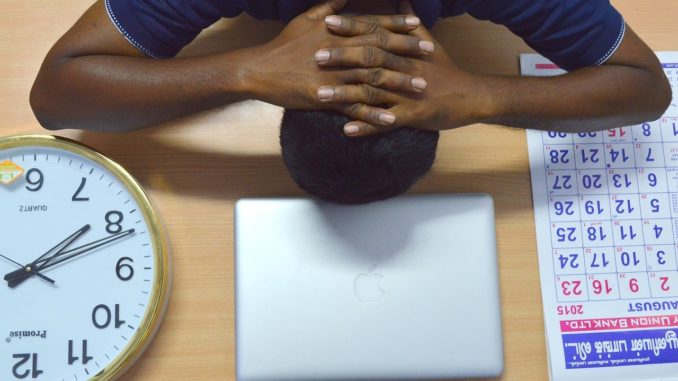
Contributed by BakkerElkhuizen
Businesses, whether an SME or large organisation, are now more aware than ever of the importance of utilising office space, employee time and productivity.
The benefits aren’t just another money-saving incentive to make companies more profitable and staff work harder. Working hard is something we’ve all been taught since our childhood, but the paradigms are evolving and ‘working hard’ isn’t the way of the modern office. Working smart is very important, but that can be quite hard, if you don’t know how.
Companies and employees are smart when they can figure out that the tasks they are doing can be done in a more efficient manner – thus, by optimising their efforts, it will result in more efficient results. Less effort = more results.
But, how to you figure out a way to complete tasks with less effort and better results? The answer is simply by operating in an enriched working environment. The way we embrace our own space, office space and working habits all join to make a more beneficial working atmosphere. Simple changes, from making the office more visually appealing, better lighting and more stimulating surroundings will help our brains focus on the tasks in hand and process information quicker and more efficiently.
So how do we work smarter when work consumes us almost 24/7? Work follows us everywhere; it doesn’t just stop after 5pm, with technology allowing emails, phone calls and instant messages at any moment of the day, meaning we are always connected to our office. You are just one email away from a good mood to completely stressed out.
As simple as it sounds, the easiest way is to try to stick to strict working patterns, switch off your emails, or your phone when you finish work. Your body and brain both need time to relax and recover. You cannot be your best if you constantly clear emails until 9pm every day.
Ask yourself: does dealing with 10 emails after 7pm really save you time the day after in work? The answer is, not really, as there is always more work to fill those gaps. Resting is more important.
When in work, try to prioritise the tasks for the day ahead, so set clear targets and check emails only at certain times, otherwise one email could swallow up more time than you could imagine. This will make you behind on your daily tasks, more stressed, less productive and making you be less focused and productive, filling you with negative energy which can affect you and your colleagues.

Be the first to comment